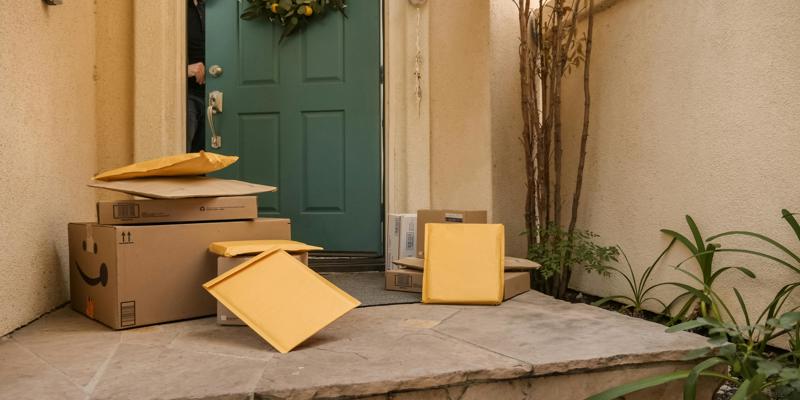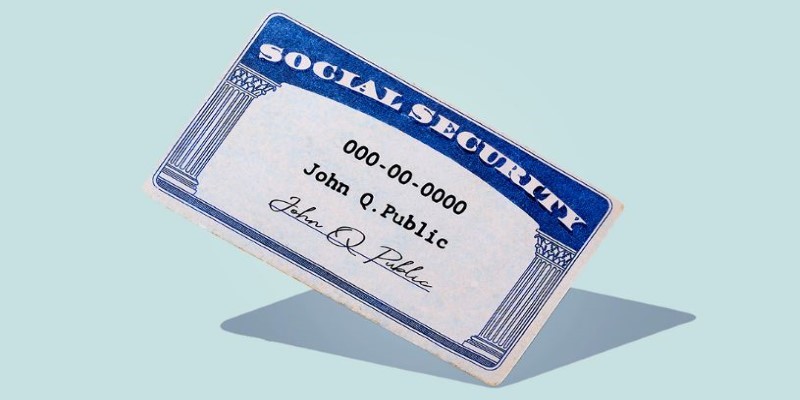Knowing the Three-Day Cancellation Rule: Your Right to Cancel Explained
Sometimes, buying decisions can be overwhelming, especially when they're made under pressure. Luckily, the Three-Day Cancellation Rule is a consumer protection law that allows buyers to take a few breaths.

In this article, we unpack the Three-Day Cancellation Rule in simple terms so that you know what it is when it applies, and how to use it if you're thinking about changing your mind about a recent purchase.
Overview of Three-Day Cancellation Rule
The Three-Day Cancellation Rule, often referred to as a "cooling-off period," was introduced by the Federal Trade Commission (FTC) to safeguard consumers from feeling locked into purchases made under pressure. This rule allows buyers to cancel specific sales or contracts within three business days of signing the agreement, especially when the sale takes place outside a regular retail environment. For example, if a salesperson convinces you to buy a product at your home or a temporary sales location, like a fair or convention, this rule could provide a window for reconsideration.

The main objective of the Three-Day Cancellation Rule is to curb high-pressure sales tactics and prevent impulsive buying decisions in environments that often lend themselves to hasty commitments. By having a set period to cool off or think it over, consumers can protect themselves from financial regret, often referred to as "buyers remorse."
How Does the Three-Day Cancellation Rule Work in Practice?
If you make a purchase that qualifies under the Three-Day Cancellation Rule, the seller must inform you of your cancellation rights. They are legally required to give you two critical documents:
1. A cancellation form that you can use if you decide to void the transaction within three days.
2. A copy of the contract or receipt that clearly states your right to cancel.
To exercise your right to cancel, fill out and sign the cancellation form. Then, mail or deliver it to the seller's address as specified in the contract. Its wise to use certified mail, as this provides a receipt of your cancellation request and serves as proof of the date on which you sent it.
Why Does This Rule Matter to Consumers?
The Three-Day Cancellation Rule is a critical part of consumer rights in the United States. Its designed to empower buyers to make more informed decisions, free from the pressure tactics sometimes seen in door-to-door or event-based sales. Here are some of the ways in which this rule benefits consumers:
Protection Against Buyers Remorse: Many people feel pressured to say "yes" to a compelling salesperson, only to regret it later. The rule provides a safeguard against such regrets.
Financial Security: Some purchases, especially large or high-interest commitments, can have long-term impacts on personal finances. The cooling-off period gives consumers time to weigh the economic impact of their choice.
Protection for Vulnerable Groups: The rule is especially helpful for vulnerable individuals, such as older people or those who may be more susceptible to high-pressure tactics.
Knowing that you have a few days to cancel a qualifying purchase gives buyers peace of mind, knowing they have the legal right to step back and reassess a decision made under potentially persuasive circumstances.
What Types of Sales Does the Rule Cover?
Understanding when the Three-Day Cancellation Rule applies is essential. Generally, this rule covers transactions where:

- The purchase is valued at 25 or more and made at the consumer's home or temporary sales locations like hotels, fairs, convention centers, or rented spaces.
- The sale is made outside of the sellers regular place of business, often where buyers might feel more pressure to make an immediate decision.
Common Scenarios Covered by the Rule:
- Door-to-door sales, such as a vacuum cleaner or home security system salesperson visiting your home.
- Purchases at conventions, where vendors may aggressively market products in temporary setups.
- Sales are made at "pop-up" stores or temporary rental spaces, particularly for high-ticket items like home improvements or fitness equipment.
What Are the Exceptions to the Rule?
While the Three-Day Cancellation Rule offers valuable protections, it does not apply to every transaction. Here are some common exceptions where this rule would not provide cancellation rights:
Online, Phone, or Mail-order Purchases: Because these transactions occur remotely, they fall under different consumer protection policies, such as return policies and e-commerce laws.
Real Estate, Insurance, and Securities ales: involve specialized contracts and regulations, often including their own forms of cancellation protection.
Motor Vehicle Purchases: The rule does not apply if a car is purchased at a temporary location, but the seller has a permanent business location elsewhere.
Emergencies or Immediate Home Repairs: If you hired someone for emergency repairs at home, such as fixing a broken pipe, the Three-Day Cancellation Rule will not cover this type of service.
Customized goods or goods that cannot be resold: If you order a personalized couch or kitchen installation, canceling the sale might not be possible under this rule.
How to Make the Most of Your Right to cancel?
If youre considering canceling a transaction under the Three-Day Cancellation Rule, heres a step-by-step approach to ensure a smooth process:
Act Quickly: Remember, the clock starts ticking from the time you sign the contract. Take your time.
Use Certified Mail: This ensures you have proof of your cancellation request, which can be useful if any disputes arise.
Keep All Documentation: Save copies of your cancellation form, contract, and any correspondence with the seller.
Follow-up: Sometimes, it's helpful to confirm receipt with the seller. A quick call or email to ensure they've received your cancellation notice can maintain communication.
The Final Word!
The Three-Day Cancellation Rule is more than just a technicality in consumer protection law; its a valuable safeguard for anyone who finds themselves second-guessing a purchase made under pressure. By granting a limited period to step back, evaluate, and possibly cancel a purchase, this rule offers consumers an extra layer of security in navigating complex buying decisions.












